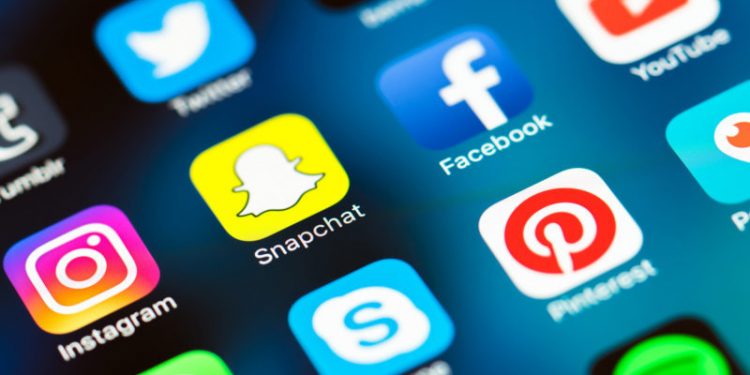Researchers have revealed two of the reasons that misinformation about COVID-19 is so difficult to tackle on social media — most people think they’re above average at spotting misinformation and misinformation often triggers negative emotions that resonate with people.
The findings, published in the journal Online Information Review, may help communicators share accurate information more effectively.
“This study gives us more insight into how users respond to misinformation about the pandemic on social media platforms,” said study author Yang Cheng from the North Carolina State University in the US.
“It also gives us the information we can use to share accurate information more effectively,” Cheng added.
For the results, researchers conducted a survey of 1,793 US adults. The survey asked a range of questions designed to address four issues.
The questions were: the extent to which study participants felt they and others were affected by COVID misinformation online, the extent to which misinformation triggered negative emotions, their support for government restrictions on social media and misinformation, and their support for media literacy training and other corrective actions.
One of the most powerful findings was that study participant overwhelmingly thought that other people were more vulnerable to misinformation.
This phenomenon is known as the “third-person effect,” which predicts that people perceive media messages as having a greater effect on others than on themselves.
“This makes it harder to get people to participate in media literacy education or training efforts because it suggests that most people think everyone else needs the training more than they do,” Cheng said.
The researchers also found that content containing misinformation was likely to evoke negative emotions such as fear, worry and disgust. That’s troubling for two reasons.
They found that the better an individual thought he or she was at detecting misinformation in relation to everyone else, the more likely that individual was to support both government restrictions on misinformation and corrective actions, such as media literacy education.
“Participants who experienced negative emotions were also more likely to support government restrictions,” the authors wrote.
IANS







































